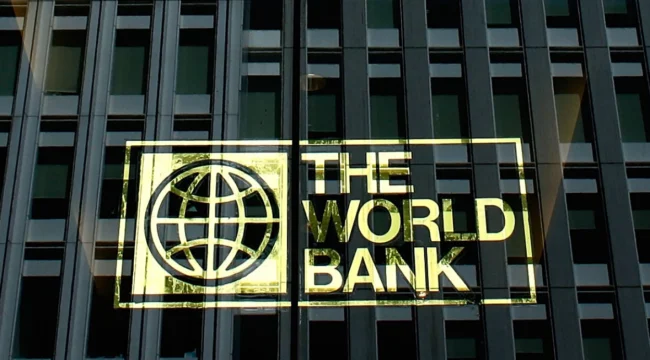World Bank Report Highlights Progress and Challenges for Pacific Economies
A recent World Bank report indicates that public debt is poised to decline in most Pacific countries over the next year. As these nations gradually unwind their COVID-19 stimulus measures and witness an improved fiscal situation.
The Pacific Economic Update, released on Tuesday. Outlines this trend while acknowledging exceptions in the Solomon Islands and the Federated States of Micronesia.
Since 2019, the region has witnessed a surge in debt, largely driven by the pandemic’s impact on tourism-dependent economies, trade disruptions, and weather-related damage.
The report emphasizes that countries like Fiji, Palau, and Vanuatu, heavily reliant on tourism, experienced notable increases in debt while implementing support and stimulus initiatives.
Although some Pacific countries like Kiribati, Republic of the Marshall Islands, and others faced high debt risks. The report also points out the resilience of certain nations due to fishing license revenue.
Despite ongoing risks from global commodity price fluctuations and geopolitical tensions, many Pacific countries are project to reach pre-pandemic gross domestic product levels by 2024, except for a few exceptions.
However, challenges remain, including persistent climate change threats and vulnerability to disasters. The report underscores the importance of addressing these underlying risks, given the Pacific’s susceptibility.
Meta Description: Pacific countries anticipate a reduction in public debt as COVID-19 stimulus measures unwind. World Bank report highlights progress and concerns.
